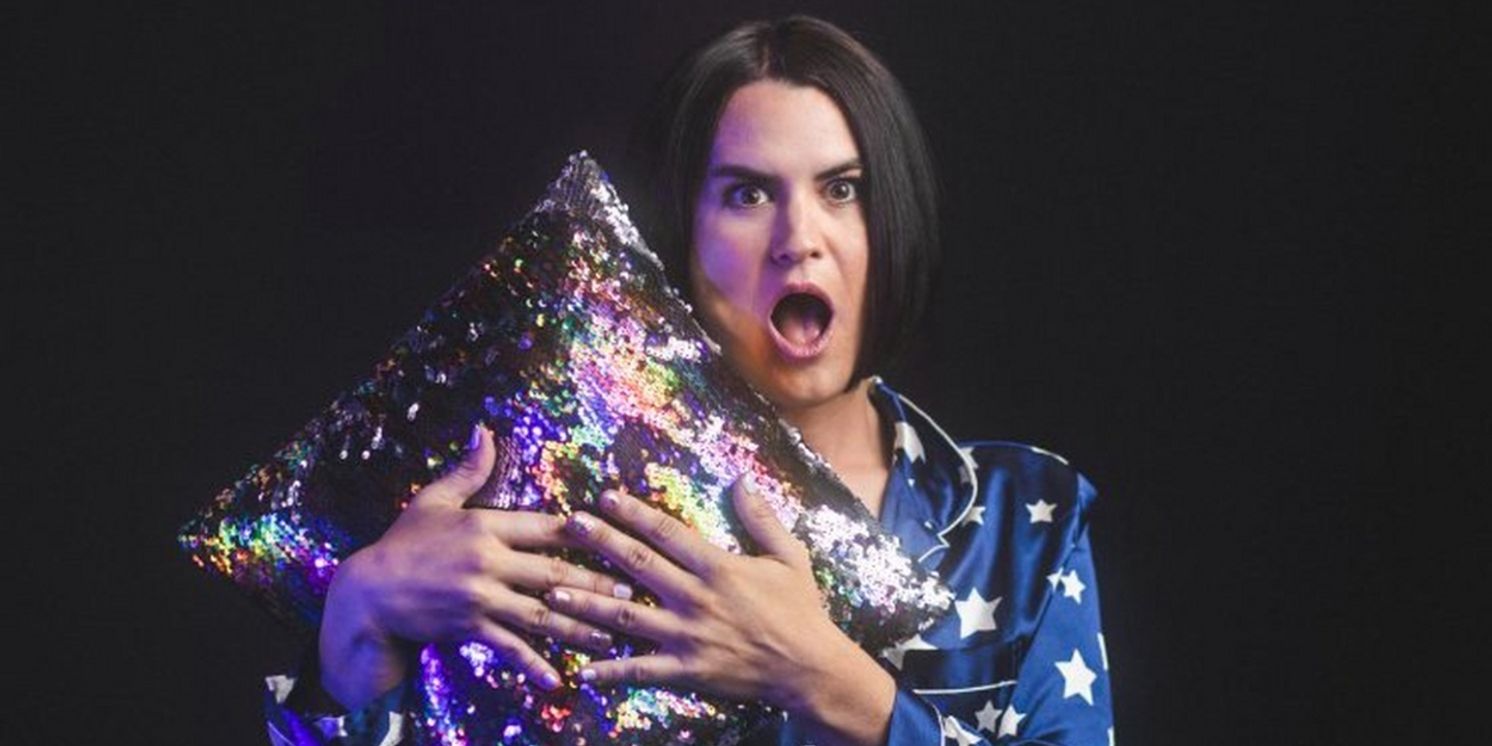EDINBURGH 2023: AWAKE AND NARCOLEPTIC Q&A
Awake and Narcoleptic runs at the Fringe until 26 August

BWW catches up with Sarah Albritton to chat about bringing Awake and Narcoleptic to the 2023 Edinburgh Festival Fringe.
Tell us a bit about Awake and Narcoleptic:
Well, Awake and Narcoleptic is a comedic solo show that talks about narcolepsy, obviously, but it's not just about that. It's also about invisible disabilities as a whole and everything that people go through when they have one, from misdiagnosis to dealing with medications and side effects to dealing with people and toxic friendships that don't understand it. And for more specifically narcolepsy, struggling with things like hallucinations, cataplexy, sleep paralysis, and falling asleep at the worst moments. It is a solo show that has a mix of characters and storytelling and stand up.
Why was this the story you wanted to tell:
So this was a story that I felt like I needed to tell. Sometimes you have those parts of you that need to do be told. I've been talking about my narcolepsy in stand up for a years, but with stand up, there's certain number of laughs you want to get per minute. For every 45 seconds of talking you want 15 seconds of laughter, that's the ideal ratio. And that didn't allow me to go deeper on the subject of narcolepsy and really say something more than surface-level jokes, which is obviously something that matters to me.
A lot of invisible disabilities are very misdiagnosed and misunderstood and there are universal themes throughout that I think anyone with an invisible disability can relate to. And narcolepsy is definitely one of those disabilities that is used as a punch line for so many movies and TV shows. And I'd like to reclaim that while still being comedic. But sharing my experience with it, that is very personal to me. I think it's important, not just to anybody with narcolepsy, which I hope narcoleptics to see it, but anyone with an invisible disability. I think it we've done a great job in media of showing physical disabilities and they're doing more of that, but I think invisible disabilities still have a long way to go. And it's really important to me that I share that message so people can have a better understanding of what people go through just to live a somewhat normal life.
Where might we know you from:
The podcast Sleeping with Sarah, produced in collaboration with Jam in the Van in Los Angeles.
So I host a podcast where I interview people in bed and we talk about sleep and comedy or music or acting, whatever the person does, and relationships. Some of those clips have been getting some more traction on instagram, so maybe on there? So you can subscribe to that wherever you listen to podcasts, and check out our YouTube channel.
Who would you like to come see it:
I would like anyone that knows someone with an invisible disability or has an invisible disability to come see the show, I think that they will find things that they relate to. Especially when it comes to medications, side effects, and dealing with other people's misconceptions. Narcoleptics and fellow people with sleep disorders are very welcome too! But the show is recommended for ages 14 and above, so no young kids, though with some editing, I'm sure at some point I could adjust it to be kid-friendly.
What would you want audiences to take from it?
I want audiences to come out of it being very entertained and with a bit more empathy for what people go through. I want the audiences to leave a bit more educated on invisible disabilities and also an actual understanding of more specific symptoms of narcolepsy. I've had people come up to me after shows and be like, "Well, I think actually someone I know might have narcolepsy. We're going to come back and see it again with that person." And that makes me feel great because as I mentioned before, it's highly misdiagnosed. And I think it's important just to bring a little bit more awareness out there.
Sponsored content
Videos


